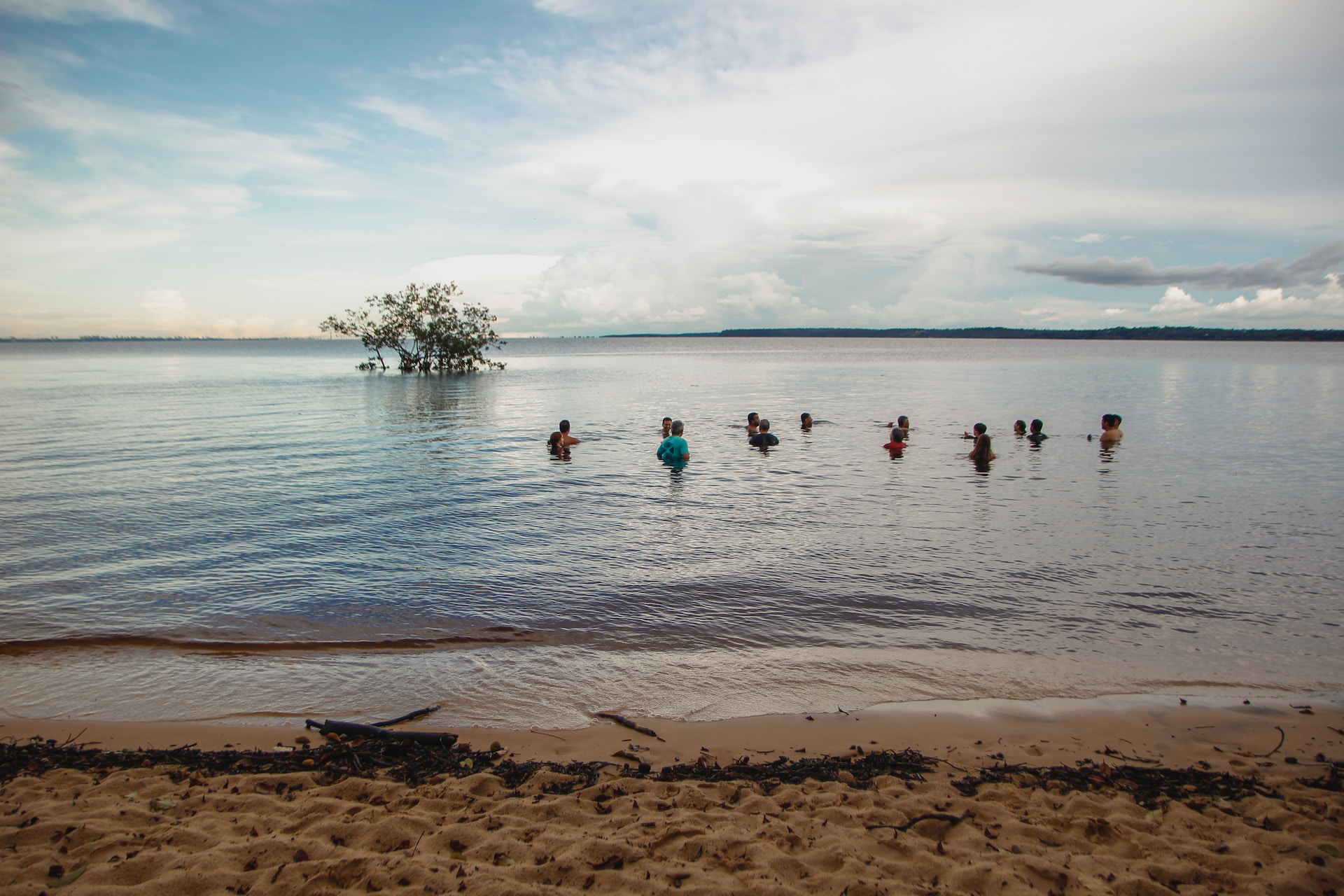At a time when thinking about the state of environmental policy in the United States (US) can be discouraging, it is important to stay hopeful. The way to do this, according to Gina McCarthy, head of the US Environmental Protection Agency (EPA) under Obama, is to go back and consider the progress that has been made to get us where we are today. We must remember how far we have come and the victories we have had along the way, as we tend to forget how difficult things have been in the past. It has never been an easy road, and if we lose hope now, then we are giving up on the chance to win the battle. If we work together we can protect what we have accomplished and try to find a way to move forward – we shall overcome!
Gina McCarthy served under President Barack Obama as the 13th Administrator of the EPA from 2013 to 2017. During her tenure as EPA Administrator, she worked to address public health through national environmental policy, as she led EPA initiatives that cut air pollution, protected water resources, reduced greenhouse gas emissions, and reinforced chemical safety. Among many notable accomplishments, McCarthy signed the Clean Power Plan, which set the first-ever national standards for reducing carbon emissions from existing power plants in the US, highlighting the country’s commitment to climate action. She is currently the Director of the Center for Health and the Global Environment at Harvard University.
Watch Gina McCarthy’s policy keynote lecture “Environmental Policy and the Assault on Science” at the recent World Congress of Environmental and Resource Economists in Gothenburg, Sweden, where she draws from her experience as the Former EPA Administrator, and reminds us of the need to stay positive even as environmental policies are under attack by the Trump administration. This is a time of change, and as with every time of change there is great opportunity.
The 6th World Congress of Environmental and Resource Economists was hosted by the Department of Economics at the School of Business, Economics and Law, University of Gothenburg, from 25-29 June 2018 in Gothenburg, Sweden. The three regional environmental economics associations – AERE, EAAERE and EAERE – are jointly responsible for WCERE, which is held every four years. See the WCERE website for more information.






